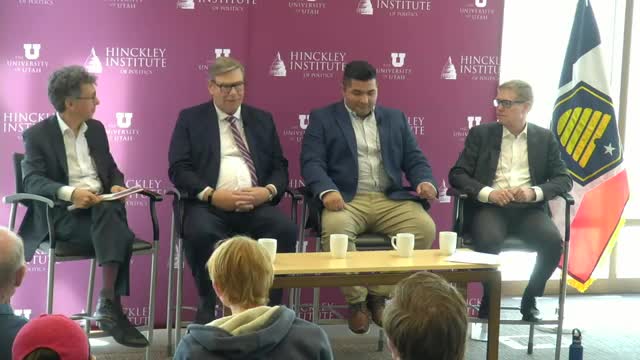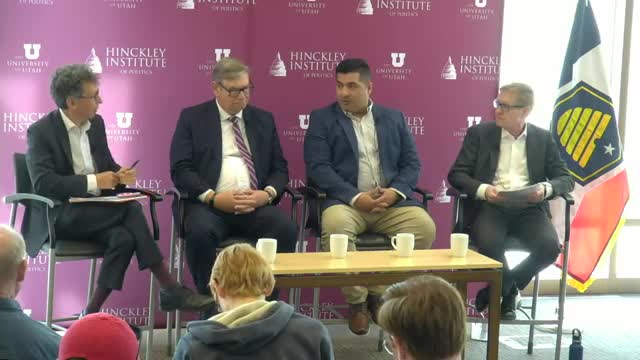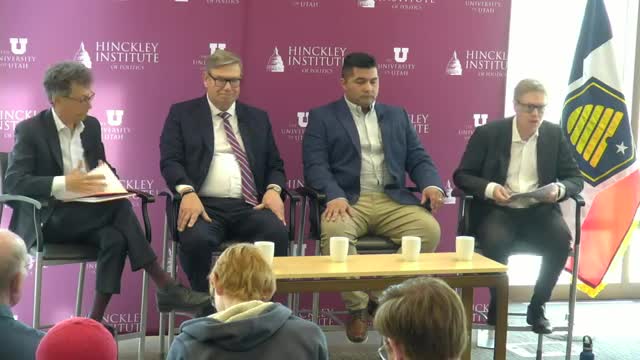Article not found
This article is no longer available. But don't worry—we've gathered other articles that discuss the same topic.

Panelists: China’s regional ambitions reshape Indo-Pacific strategy; Taiwan’s deterrence and alliances in focus

Panelists: October 7 attack altered Middle East balance; Iran’s network weakened but negotiations continue

